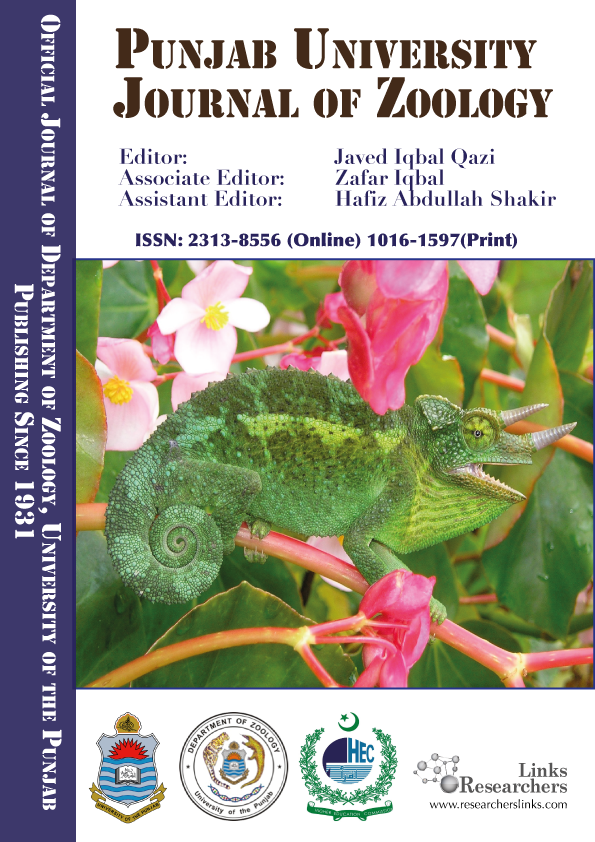Socio-psychological factors related to tuberculosis diagnostic test seeking behavior in Pakistan
Socio-psychological factors related to tuberculosis diagnostic test seeking behavior in Pakistan
Socio-psychological factors related to tuberculosis diagnostic test seeking behavior in Pakistan
Sobia Faisal1*,Qurat-ul-Ain Ahmad2, Maleeha Manzoor3, Madiha Manzoor4, Faisal Rifaq5
ABSTRACT
Although, social and psychological factors have scientifically well documented role
in determining the health seeking behavior of tuberculosis (TB) patients globally,
however, the need to understand why these factors affect the health seeking
behavior of TB patients in the light of behavioral theories in still unmet. This study
evaluates the role of social and psychological factors affecting TB diagnostic test
seeking behavior of patients in low socioeconomic country like Pakistan in relation
to “Health Belief Model”, a best-fit health behavior theory. Literature was searched
systematically to find the studies addressing psychosocial factors affecting the
diagnostic test seeking behaviors of TB patients in Google scholar, Medline and
PubMed. The related articles had been reviewed for the period of 1998 to 2013.
Emphasis was laid to review all studies conducted in Pakistan however where
needed reference from other countries with similar socio-demographic
characteristics was also included. The four key components of Health Belief
Models; perceived susceptibility and severity and perceived benefits and barriers
explain the relation between the socio-psychological factors and low treatment
seeking behavior of TB patients. Inadequate knowledge and misconceptions about
susceptibility and severity of TB disease is contributing towards low health seeking
behavior. Further, false beliefs and distrust in treatment are the perceived barriers,
which decrease motivation for benefits and superimpose the condition.
To share on other social networks, click on any share button. What are these?







